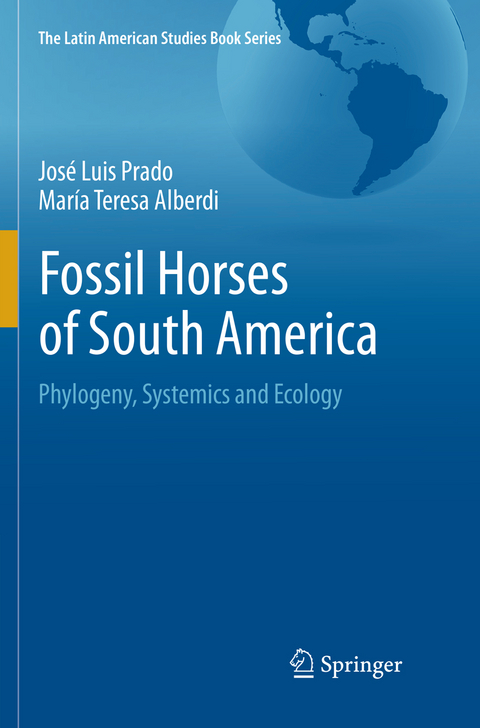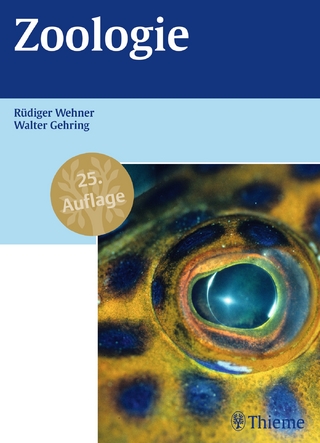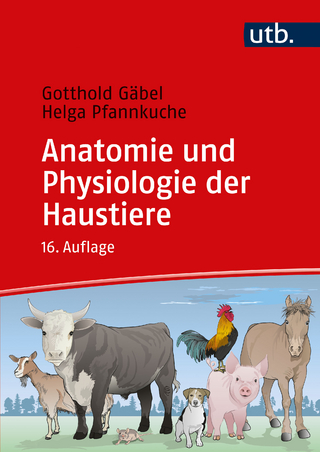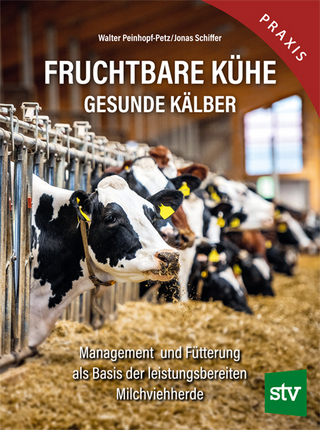
Fossil Horses of South America
Springer International Publishing (Verlag)
978-3-319-85769-5 (ISBN)
Professor Prado is internationally known for his contributions to the study of fossil horses and paleobiology in South America. He has published over 140 articles in leading international journals, including Nature, Science, PNAS, BMC ecology and Evolutionary Ecology. Prof. Prado. He has also extensive experience managing large research grants. He is frequently invited to present his research at international conferences. His research has made substantial contributions to our understanding of horse evolution, particularly in relation to diversification and extinction processes. Dr. Alberdi is an internationally respected paleontologist who has extensive experience in South America. She currently works at the National Museum of Natural Sciences (CSIC) in Spain, where she was a Vice-Director and also head of the Paleontology department. She is active at the Natural Resources Scientific Committee and is a reviewer for a number of leading paleontology and vertebrates journals.
Introduction.- Taxonomy nomenclature.- Collections around the word.- Systematic and phylogeny.- Iostratigraphy and biogeography.- Ancient feeding ecology and niche differentiation of Pleistocene horses.- Horses and megafauna extinction.
| Erscheint lt. Verlag | 25.7.2018 |
|---|---|
| Reihe/Serie | The Latin American Studies Book Series |
| Zusatzinfo | X, 150 p. 44 illus., 23 illus. in color. |
| Verlagsort | Cham |
| Sprache | englisch |
| Maße | 155 x 235 mm |
| Gewicht | 2817 g |
| Themenwelt | Naturwissenschaften ► Biologie ► Zoologie |
| Naturwissenschaften ► Geowissenschaften ► Geografie / Kartografie | |
| Naturwissenschaften ► Geowissenschaften ► Mineralogie / Paläontologie | |
| Schlagworte | fossil horses in South America • fossil record of horses • Phylogeny • Pleistocene • South American mammalian communities |
| ISBN-10 | 3-319-85769-X / 331985769X |
| ISBN-13 | 978-3-319-85769-5 / 9783319857695 |
| Zustand | Neuware |
| Haben Sie eine Frage zum Produkt? |
aus dem Bereich


